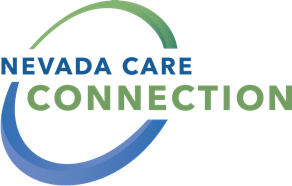This checklist can be a tool to help you, your loved one and your family members through the dementia journey. Having conversations and a plan early can help reduce stress and frustration during the late stage of dementia.
Concerns about Dementia
- Obtain a medical assessment to find out what may be causing the problems.
- Complete health care planning documents. Your loved one should have a healthcare directive and a durable power of attorney for health care.
- Complete a General Power of Attorney document. In this document, your loved one appoints an “agent” to assist with financial and related matters.
- Complete an estate plan. Your loved one’s estate plan may include legal documents such as a will or a trust.
- Have a family meeting to discuss what’s happening and necessary next steps.
Early-Stage Dementia
- If your loved one is still driving, review the Dementia and Driving information published by the Alzheimer’s Association.
- Make sure your loved one either carries ID or wears MedicAlert + Safe Return jewelry.
- Discuss with your loved one their wishes for end-of-life care, and document these decisions made.
- Have a family meeting to discuss what’s happening and next steps, such as ways the family can support the person with memory loss to stay active, healthy and socially engaged, or help you with decisions and planning.
- Make a back-up plan to be used if something happens to you.
- Explore and connect with services and supports for information, peer support, and in-home services to help your loved one.
Mid-Stage Dementia
- Request a home safety evaluation with a Physical or Occupational Therapist to make the home safer and home care tasks easier.
- Update your back-up plan to be used if something happens to you.
- Have a family meeting to discuss what’s happening now and any next steps as care needs increase.
- If help with financing care is needed, contact your local Nevada Care Connection resource center to explore options.

